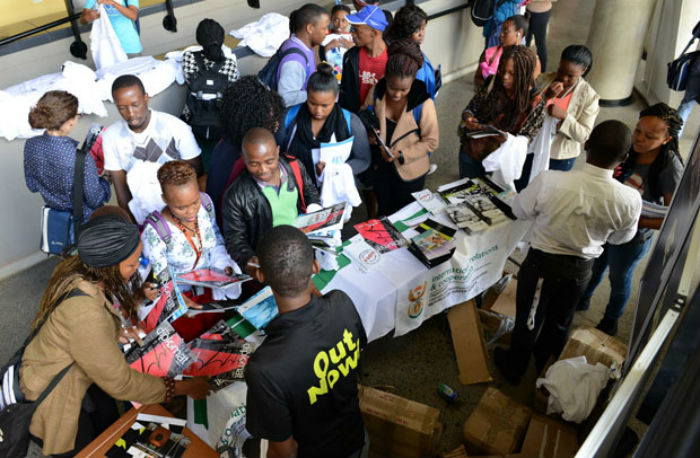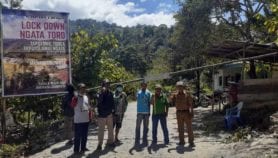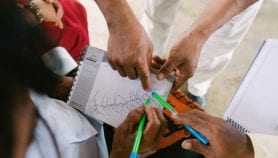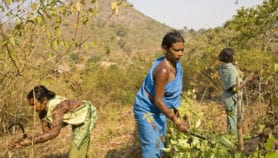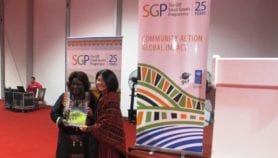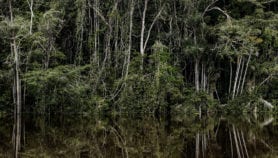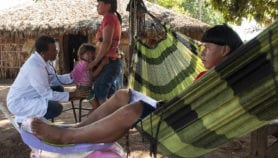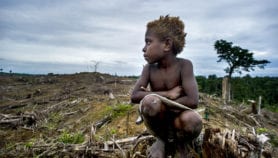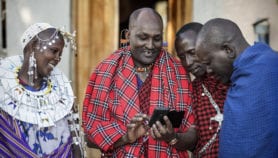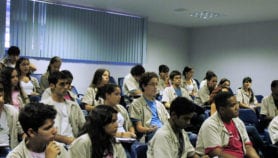By: Imogen Mathers
Send to a friend
The details you provide on this page will not be used to send unsolicited email, and will not be sold to a 3rd party. See privacy policy.
If you are unable to listen to this audio, please update your browser or go here to download.
Last year was an explosive one for South African higher education. University protests across the country sparked nationwide debates on fees, access to education and how university curriculums could be decolonised, for example by critiquing Western knowledge systems and making space for South Africa’s own. What began as conversations on campus triggered wider debates in media and parliament about the state of the country and social justice more broadly, 22 years after the end of apartheid.
In this audio interview, we ask Lesley Le Grange, vice-dean of the faculty of education at Stellenbosch University, South Africa, about these debates.
He discusses why it is so important for South Africa and other postcolonial states to interrogate both the substance of each curriculum and what is kept off them, and to clear space for local and indigenous knowledge and beliefs. He talks about how social media has transformed student protest and linked up students around the world,from the #BlackLivesMatter movement in the United States to #FeesMustFall in South Africa. And he reflects on the broader challenges facing education systems as they grapple with growing student numbers on the one hand, and the erosion of state power and welfare, along with the growing impact of market forces, on the other.
The interview was recorded in South Africa last month at the British Council’s Going Global conference on higher education, in Cape Town.
This is part of the Africa’s PhD Renaissance series on higher education across the continent, funded by the Carnegie Corporation of New York.


